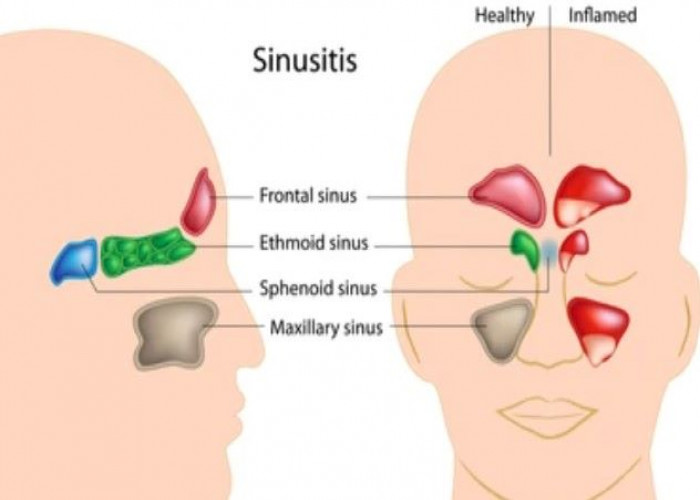 Welcome
Welcome
“May all be happy, may all be healed, may all be at peace and may no one ever suffer."
Chronic sinusitis
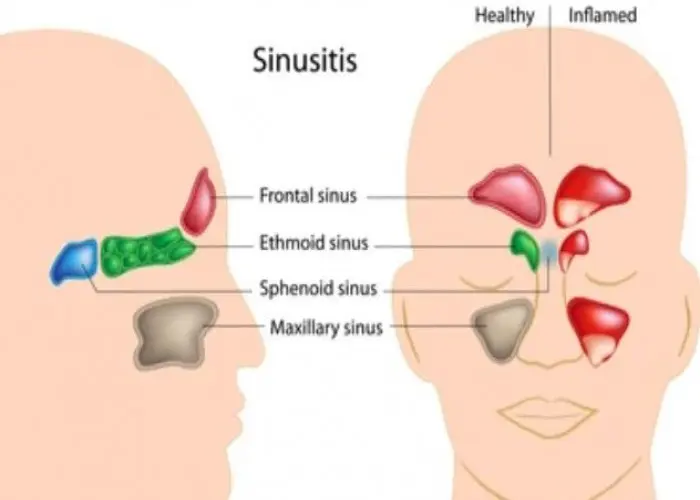
Chronic sinusitis is a long-lasting inflammation of the sinuses that lasts for at least 12 weeks. It can cause symptoms such as nasal congestion, facial pain or pressure, headache, and a reduced sense of smell. Treatment may include medications like antibiotics, nasal corticosteroids, and decongestants, as well as lifestyle changes like using a humidifier or avoiding irritants that may trigger symptoms. In some cases, surgery may be necessary to improve drainage and reduce inflammation.
Research Papers
Disease Signs and Symptoms
- Nasal inflammation
- Nasal blockage or congestion, causing difficulty breathing through your nose
- Drainage down the back of the throat (postnasal drainage)
- Fatigue (Tiredness)
- Bad breath (halitosis)
- Sore throat
- Toothache
- Jaw pain
- Headaches
- Ear pain
- Reduced smell and taste
- Nose pain
- Difficulty breathing through the nose
- Runny nose
- Pain, tenderness and swelling around eyes, cheeks, nose or forehead
Disease Causes
Chronic sinusitis
Common causes of chronic sinusitis include:
- Nasal polyps. These tissue growths can block the nasal passages or sinuses.
- Deviated nasal septum. A crooked septum — the wall between the nostrils — may restrict or block sinus passages, making the symptoms of sinusitis worse.
- Other medical conditions. The complications of conditions such as cystic fibrosis, HIV and other immune system-related diseases can lead to nasal blockage.
- Respiratory tract infections. Infections in your respiratory tract — most commonly colds — can inflame and thicken your sinus membranes and block mucus drainage. These infections can be caused by viruses or bacteria.
- Allergies such as hay fever. Inflammation that occurs with allergies can block your sinuses.
Disease Prevents
Chronic sinusitis
Take these steps to reduce your risk of getting chronic sinusitis:
- Avoid upper respiratory infections. Avoid contact with people who have colds or who are sick with other infections. Wash your hands frequently with soap and water, especially before meals.
- Manage your allergies. Work with your doctor to keep symptoms under control. Avoid exposure to things you're allergic to whenever possible.
- Avoid cigarette smoke and polluted air. Tobacco smoke and air contaminants can irritate and inflame your lungs and nasal passages.
- Use a humidifier. If the air in your home is dry, such as it is if you have forced hot air heat, adding moisture to the air may help prevent sinusitis. Be sure to keep the humidifier clean and free of mold with regular, thorough cleaning.
Disease Treatments
Treatments for chronic sinusitis include:
- Nasal corticosteroids. These nasal sprays help prevent and treat inflammation. Examples include fluticasone, triamcinolone, budesonide, mometasone and beclomethasone. If the sprays aren't effective enough, your doctor might recommend rinsing with a solution of saline mixed with drops of budesonide or using a nasal mist of the solution.
- Saline nasal irrigation, with nasal sprays or solutions, reduces drainage and rinses away irritants and allergies.
- Oral or injected corticosteroids. These medications are used to relieve inflammation from severe sinusitis, especially if you also have nasal polyps. Oral corticosteroids can cause serious side effects when used long-term, so they're used only to treat severe symptoms.
- Allergy medications. If allergies are causing sinusitis, your doctor may recommend allergy medications.
- Aspirin desensitization treatment, if you have reactions to aspirin that cause sinusitis and nasal polyps. Under medical supervision, you're gradually given larger doses of aspirin to increase your tolerance.
- Antifungal treatment. If your infection is due to fungi, you may have antifungal treatment.
- Medication to treat nasal polyps and chronic sinusitis. If you have nasal polyps and chronic sinusitis, your doctor may give you an injection of dupilumab or omalizumab to treat your condition. These medications may reduce the size of the nasal polyps and lessen congestion.
Antibiotics
Antibiotics are sometimes necessary for sinusitis if your infection is caused by bacteria. If your doctor can't rule out an underlying infection, he or she might recommend an antibiotic, sometimes with other medications.
Immunotherapy
If allergies are contributing to your sinusitis, allergy shots (immunotherapy) that help reduce the body's reaction to specific allergens might improve the condition.
Surgery
In cases resistant to treatment or medication, endoscopic sinus surgery might be an option. For this procedure, the doctor uses a thin, flexible tube with an attached light (endoscope) to explore your sinus passages.
Depending on the source of the blockage, the doctor might use various instruments to remove tissue or shave away a polyp that's causing nasal blockage. Enlarging a narrow sinus opening also may be an option to promote drainage.
Disease Diagnoses
Disease Allopathic Generics
Disease Ayurvedic Generics
Disease Homeopathic Generics
Disease yoga
Chronic sinusitis and Learn More about Diseases

Prescription drug abuse

Primary biliary cholangitis
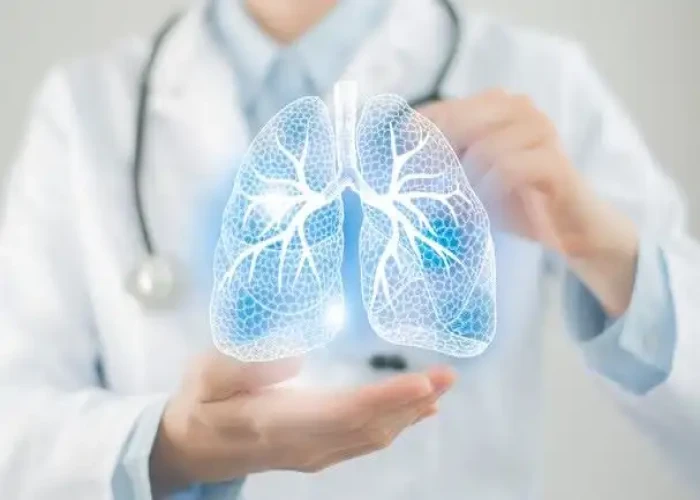
Sarcoidosis
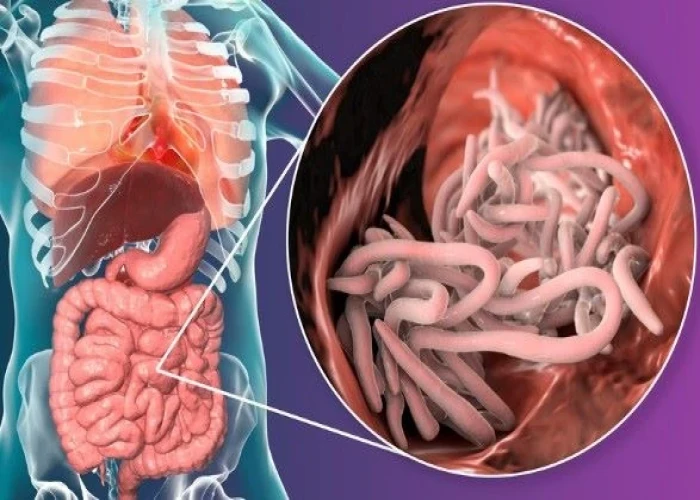
Round Worm
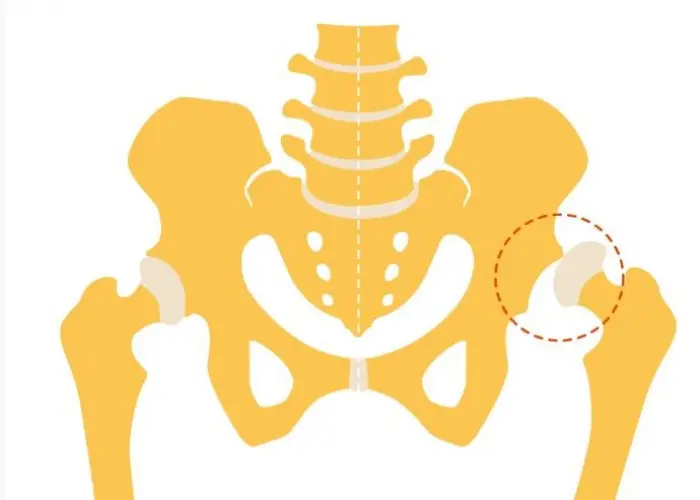
Hip dysplasia
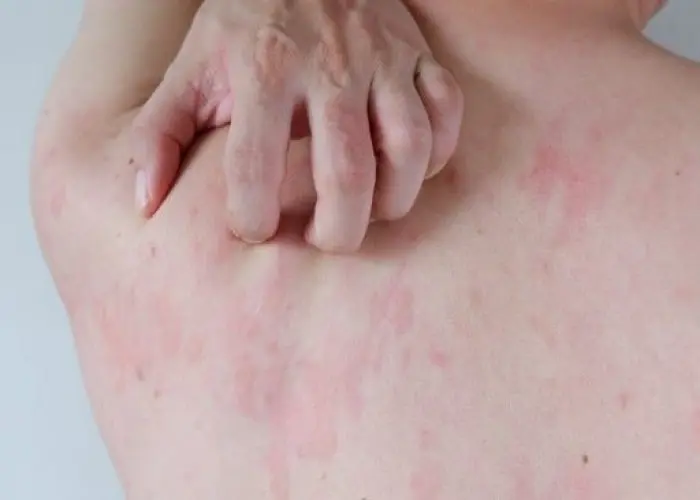
Itchy skin (pruritus)
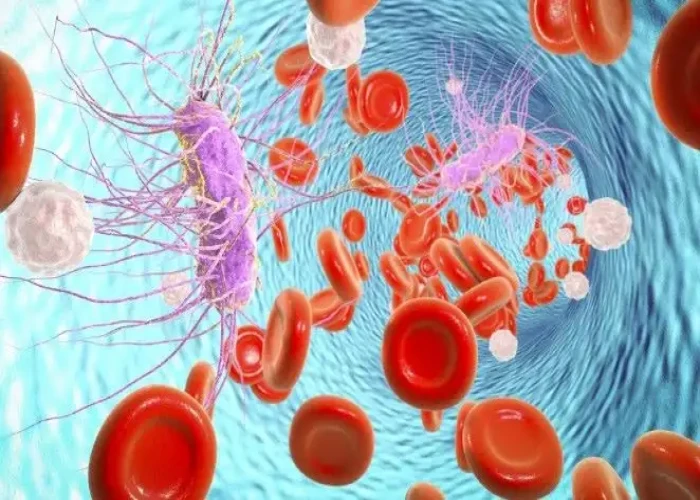
Sepsis
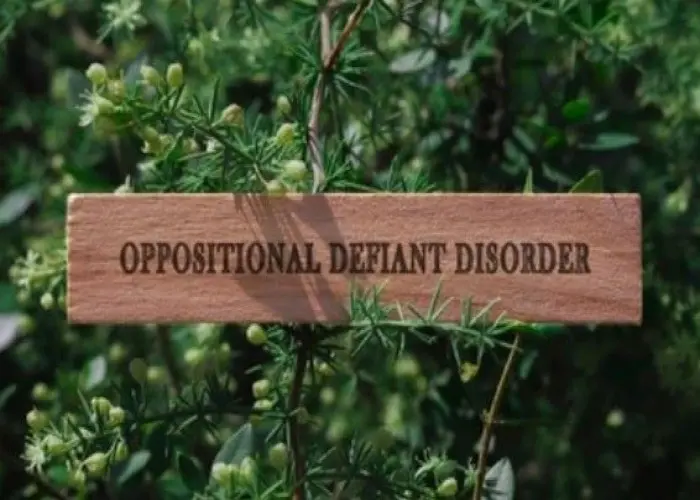
Oppositional defiant disorder (ODD)
Chronic sinusitis, For sinusitis treatment, দীর্ঘস্থায়ী সাইনোসাইটিস
To be happy, beautiful, healthy, wealthy, hale and long-lived stay with DM3S.
